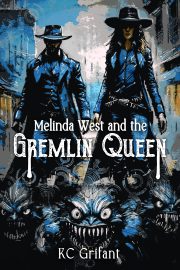Research Tool: A brief intro to furniture history
When writing there will come a moment when you have to deal with furniture. If it’s historical fantasy, steampunk or timetravel you’ll face the question of finding something that is period correct. What did people sit on in 1650? How long have drop-leaf tables been around? What was the most expensive wood?


